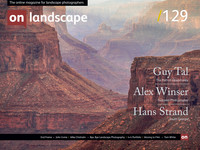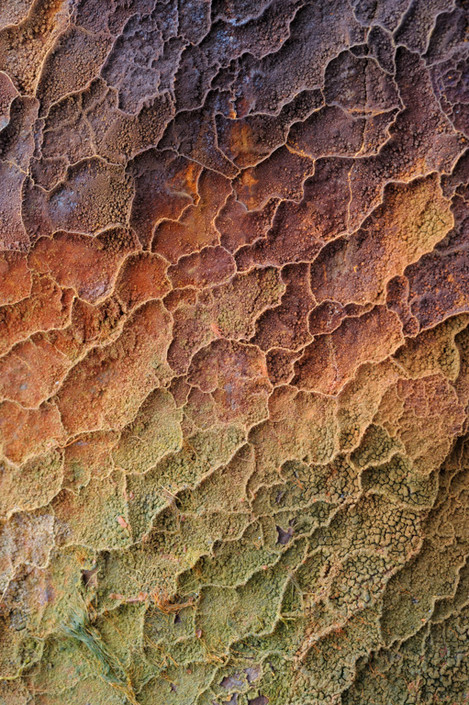Featured Photographer


Alex Winser
Alex Winser is an IT Manager from West Sussex who has a passion for graphic abstract images taken from both man-made subjects and the landscape. With a background primarily in close-up and macro photography it’s no surprise that the images Alex is drawn to are often of subject matter that would normally go unnoticed.

Michéla Griffith
In 2012 I paused by my local river and everything changed. I’ve moved away from what many expect photographs to be: my images deconstruct the literal and reimagine the subjective, reflecting the curiosity that water has inspired in my practice. Water has been my conduit: it has sharpened my vision, given me permission to experiment and continues to introduce me to new ways of seeing.
Alex credits his interest in photography to a love of nature which inspired him to buy a camera and explore the world of macro photography. From butterflies and bugs, the new world that he discovered developed his eye for detail and after a dalliance with landscape views he is now often to be found on the Sussex coast exploring both the natural and the manmade.
Would you like to tell readers a little about yourself – your education, early interests and career?
I was brought up in the beautiful Surrey Hills where my interests included a variety of pursuits and interests becoming to a young lad including football, golf, bikes and fishing. Whilst I did take GCSE Art, I wasn’t a natural with either brush or pencil, but scraped a reasonable grade nonetheless. At 16 I didn’t really know what I wanted to do, but knew that further education was not appealing. At a careers event I applied for several jobs with high street banks and started a career with Barclays straight from school (this was before the days when everyone just HAS to go to University for the experience!). I spent many years in banking before moving into IT roles from where my career has carried on with other blue-chip companies.
How did you first become interested in photography? How much of your early inspiration came directly from nature, and how much from the images that you were seeing online at the time?


